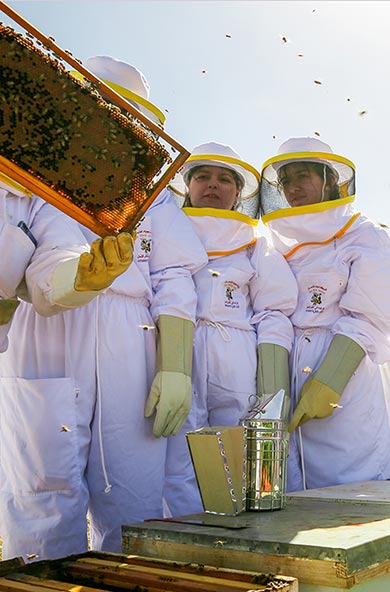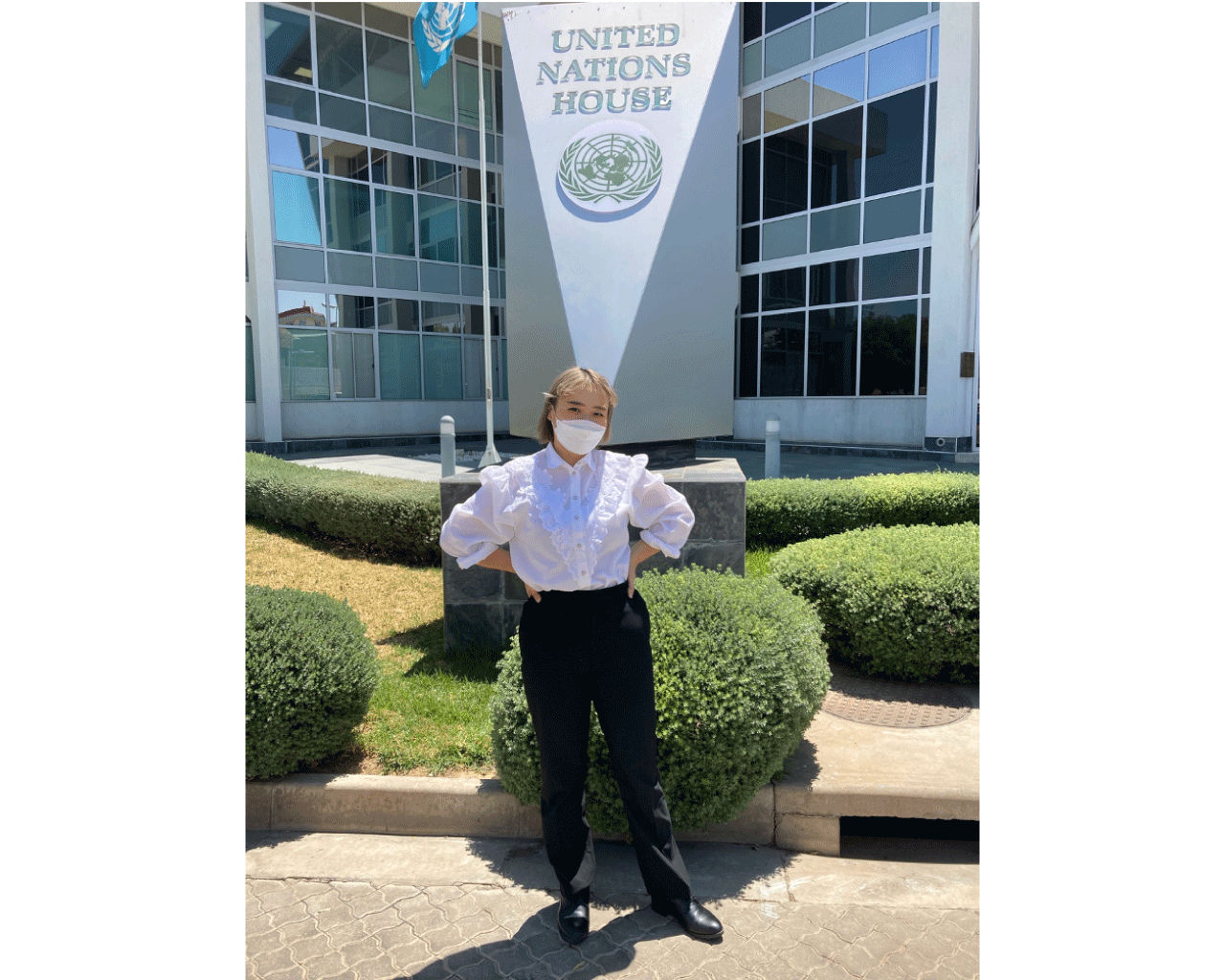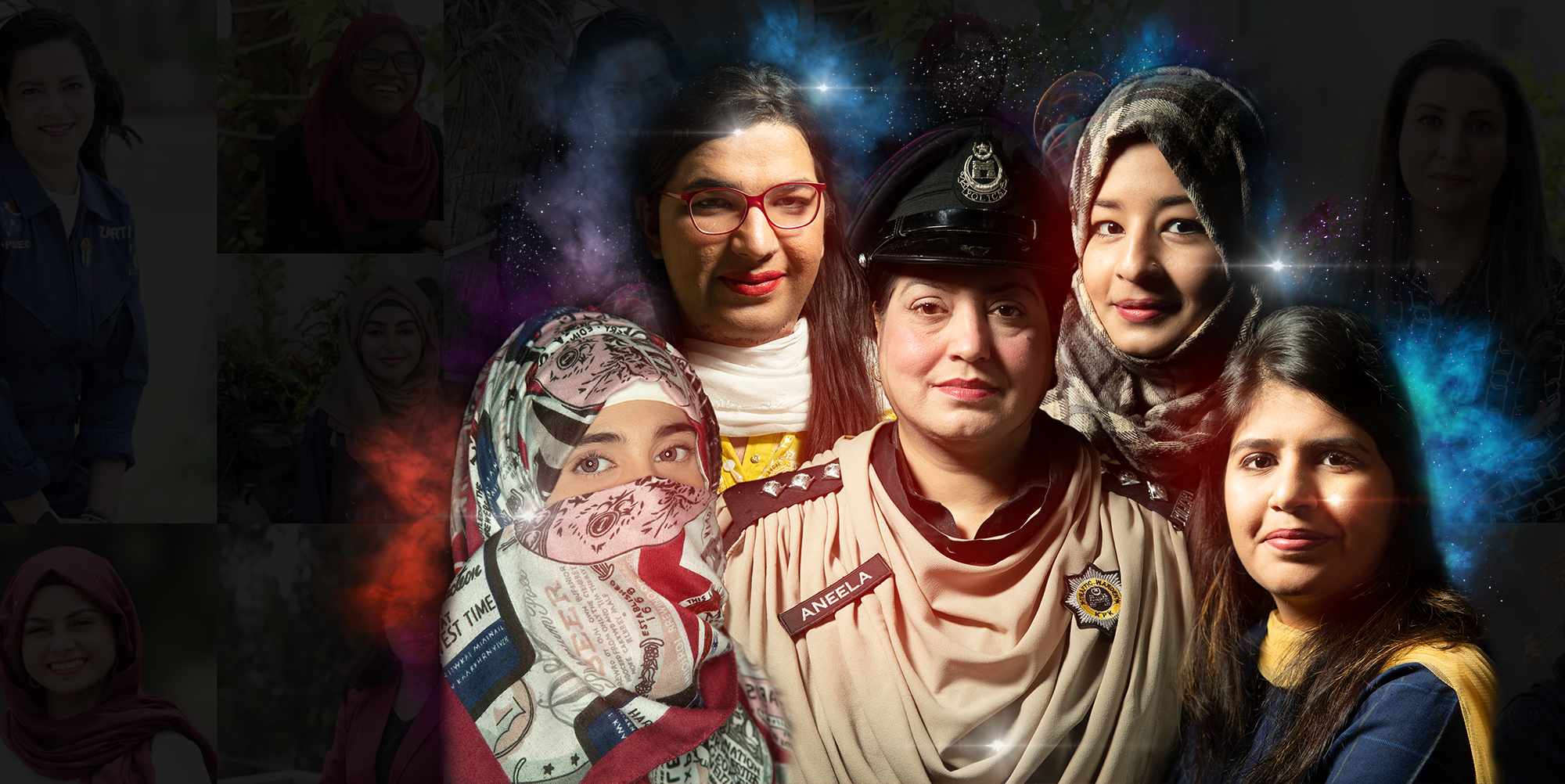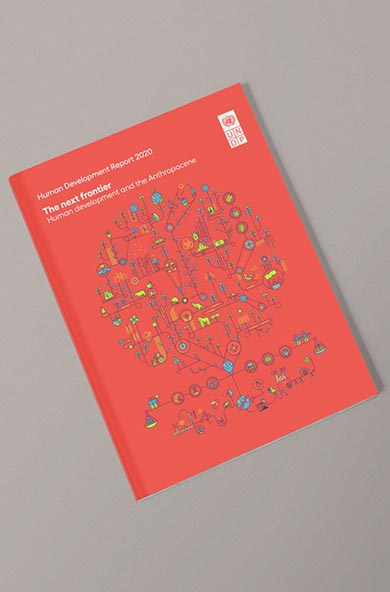by Amna Karim, Communications and Programme Support Analyst, Rule of Law Programme, UNDP Pakistan
Championing Justice – Advocate Ghazala’s Quest to End Violence Against Women in Balochistan
December 3, 2024
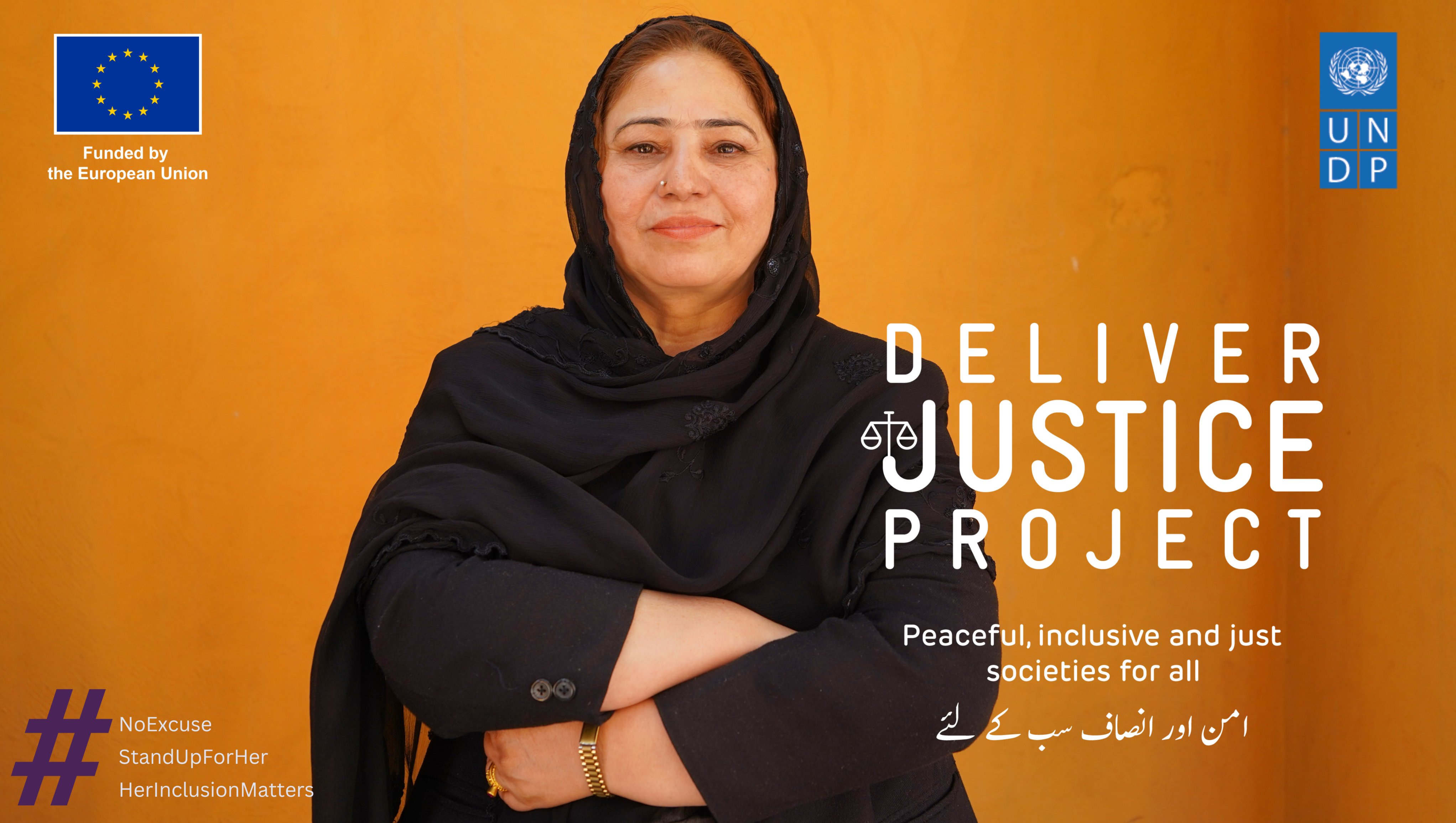
Justice in Pakistan remains a privilege few can afford, often inaccessible to those who cannot afford the high costs of legal representation.
Free legal aid plays a crucial role in addressing this gap, providing equitable access to justice to the disadvantaged. Unfortunately, in Pakistan, access to free legal aid is very limited. A 2022 baseline study by the United Nations Development Programme (UNDP) revealed that only 9% of the respondents received legal aid with 13% confirming this for Balochistan compared to 6% for Khyber Pakhtunkhwa and the majority of people who sought legal aid did so for cases related to gender-based violence (GBV).
"I decided to become a lawyer the day we failed to seek justice for the unjust killing of my elder sister."

Amid these challenges, Advocate Ghazala’s journey from being denied free legal aid to becoming a beacon of hope for survivors of domestic violence in Balochistan is an inspiration.
“I decided to become a lawyer the day we failed to seek justice for the unjust killing of my elder sister,” Ghazala Yasmin recalls, her voice steady yet tinged with emotion.
Hailing from a small village in Balochistan, Tehsil Bhag Nari, Ghazala moved to Sibbi with her family after her sister was brutally murdered in a family feud. Ghazala felt deeply frustrated as she witnessed her parents’ struggle to bring the murderers to justice. “We knew what it felt like to be wronged and unable to do anything about it. I didn’t want anyone else to go through the same pain. I wanted to give others what we couldn’t get – legal aid,” she shares, her resolve evident.
“Balancing my family and studies was incredibly challenging but I wanted to set an example for my children that women don’t have to give up on their dreams.”
Defying Gender Norms in Balochistan – A Decade-Long Struggle

Women in Balochistan face significant barriers to accessing education and professional opportunities. With a literacy rate of just 36.8% and employment at 10%, pursuing a career, particularly in male-dominated fields such as law, is especially daunting. Ghazala’s journey was no different. Moving to Quetta to study law, she faced societal pressure to marry and have her first child while still in college.
“Balancing my family and studies was incredibly challenging,” she recalls. “But I wanted to set an example for my children that women don’t have to give up on their dreams.”
Despite earning a law degree, Ghazala faced a decade-long struggle for her right to practice as a woman lawyer. Her community considered it taboo for women to occupy male-dominated public spaces such as courts. But Ghazala remained undeterred. In 2020, she finally managed to convince her family and resumed her practice, marking a significant achievement not only for herself but for countless women in her community who needed a voice.
Providing Free Legal Aid to the Vulnerable in Balochistan
In 2022, Ghazala came across a case that changed the course of her career. Due to unpaid fees, the previous counselors had relinquished the case, leading the officiating judge to ask Ghazala whether she would take it up pro bono. “Have you heard people say the mountains are calling? I felt that same rush of emotions. I didn’t want to miss this second chance at setting things right,” she recalls enthusiastically.
The case involved a domestic violence survivor struggling to finalize her Khula (dissolution of marriage) and gain custody of her children. Ghazala successfully navigated the legal process, securing the Khula and mother’s custody of her children. “It’s crucial for women to be financially independent to escape abusive households. We cannot end violence against women and girls without economic empowerment,” she emphasizes. With Ghazala’s guidance, the survivor now runs a catering business for two schools in Quetta, providing for her children and leading a safer, more fulfilling life.
Support and Training Under the Deliver Justice Project
Since 2021, the European Union (EU) has been financing the 20 million Euro ‘Deliver Justice Project,' which is being implemented by UNDP, UN Women, and the United Nations Office on Drugs and Crime (UNODC). Through the project, UNDP Pakistan provided Ghazala and 60 other women lawyers in Quetta with a starter pack of law books, including criminal, civil, and family law statutes. UNDP and UN Women in partnership with Balochistan Bar Council and Khyber Pakhtunkhwa Bar Council also trained Ghazala and 250 other women lawyers in Khyber Pakhtunkhwa and Balochistan on representing vulnerable clients. “Before the training, I was providing legal aid but wasn’t aware of many resources within our courts that could have made my job easier. The training was crucial in sensitizing me about the nuances of representing vulnerable clients,” she explains.
Ghazala has since provided free legal aid in over 20 family cases. She has primarily helped domestic violence survivors dissolve abusive marriages, secure custody of their children, and recover dowry and Mehr (dower). Reflecting on her journey, she feels a sense of fulfillment. Her story highlights the strength of resilience and the importance of supporting initiatives that uplift and empower women to seek justice.
“Providing legal aid to women and marginalized individuals is my redemption from a past marked by irreparable loss and missed opportunities. It gives me a sense of purpose, knowing I can make a difference.”
The 20 Million Euro “Deliver Justice Programme”, is funded by the EU and aims to support reform processes to ensure the delivery of people-centred justice, enhance access to justice for all, particularly women and less privileged groups, and improve service delivery of the security sector in line with constitutional safeguards and international standards in Khyber Pakhtunkhwa including Merged Districts and Balochistan. The programme is funded by the EU and jointly implemented by the United Nations Development Programme (UNDP), the United Nations Entity for Gender Equality and the Empowerment of Women (UN Women), and the United Nations Office on Drugs and Crime (UNODC).
The UNDP Rule of Law Programme is implementing a range of interventions to enhance security and justice sector governance in Pakistan.

 Locations
Locations


